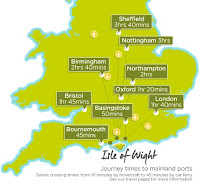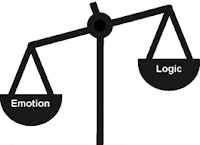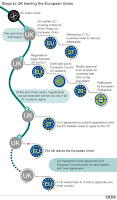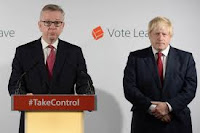What is Theresa May's Plan B?

Theresa May has brought a 'deal' back from Brussels that she says is in the "national interest". Leaders of the 27 EU countries are expected to approve the deal tomorrow, Sunday (indeed now have approved it). But the deal is looking unlikely to get approval from Parliament. Over 80 Tory MPs have indicated they will vote against it, both Leavers and Remainers. Plus all the other parties including the DUP. If the deal is not approved, May has indicated that she will not resign, nor hold a People's Vote. So what is her Plan B? WHAT ABOUT THE DEAL? Firstly, though, why would the deal be rejected? There are objections to specific aspects of the legal Withdrawal Agreement, such as the Irish backstop and having to take EU rules with no say in them. The accompanying non-binding Political Declaration for the Future Relationship is just that. A vague wish-list that amounts to a 'blindfold Brexit'. That is all enough to reject the 'deal'. But in ...











